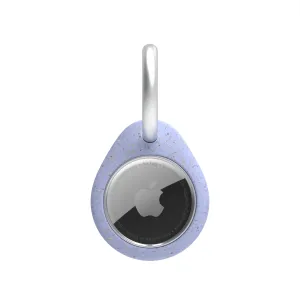The nucleotide-binding oligomerization domain (NOD)-like receptor (NLR) family is a diverse family of cytoplasmic innate immune receptors that are involved in recognition of pathogen-associated molecular patterns. NLRs are important for pathogen sensing, transcriptional activation of proinflammatory cytokines and activation of inflammatory caspases. NLRC4 (IPAF, CARD12) forms the inflammasome that responds to bacterial flagellin. This inflammasome is activated by NLRC4 oligomerization, NAIP protein binding, and activation of caspase-1 leading to pyroptosis. NLRC4 is phosphorylated on Ser-533 by PKCδ following infection of macrophages with S. typhimurium. Mutant forms of NLRC4 demonstrate that an unphosphorylatable form (S533A) does not activate caspase-1 and pyroptosis in response to S. typhimurium, while a phosphomimetic NLRC4 (S533D) mutant causes rapid macrophage pyroptosis without infection. Thus, PKCδ phosphorylation of NLRC4 (S533) may be a critical event in inflammasome activation and host innate immunity.















